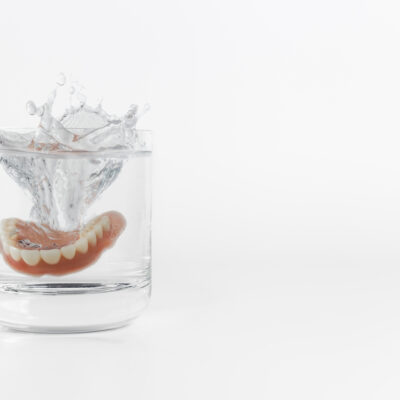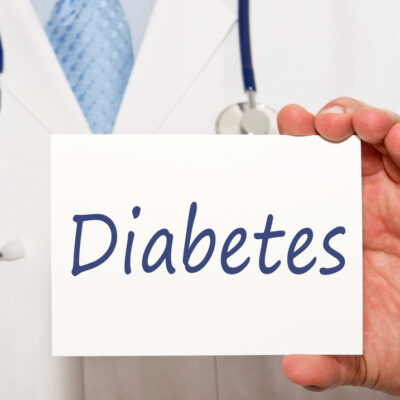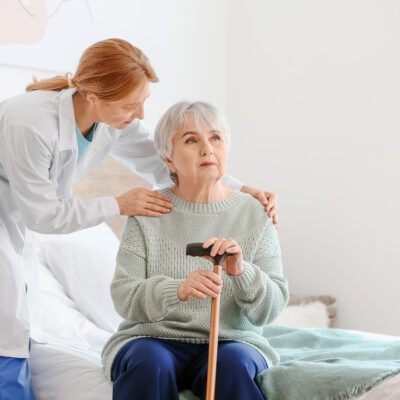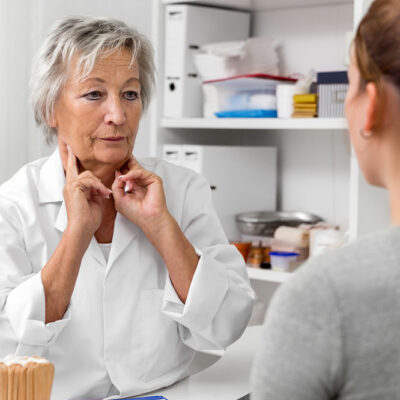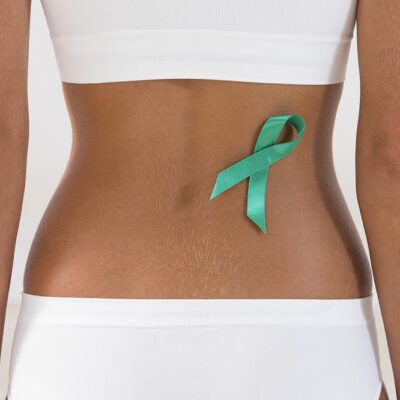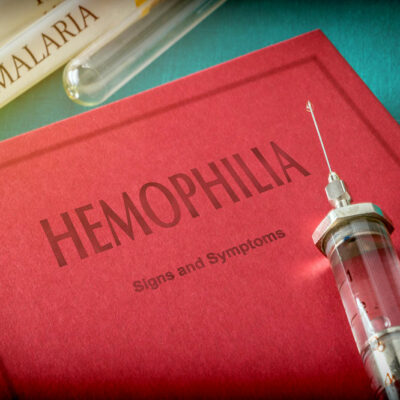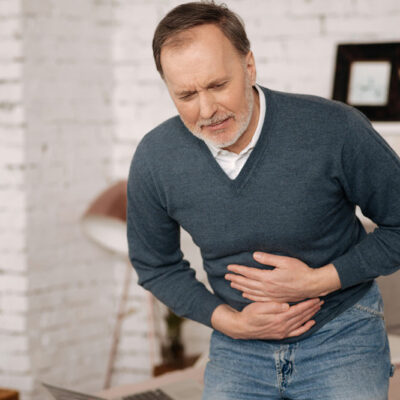
Health
Foods That Can Help Patients Deal With Menopause
On average, in the United States, most women tend to reach full menopause, which is the cessation of the menstrual period for at least 12 months by age 51. However, the time leading up to full menopause (known as perimenopause) can vary from one woman to the next, and cause a series of symptoms such as hot flashes, anxiety, sleep disturbances, weight gain, and etc. One of the clearest cases of menopause is aging, as this naturally causes reproductive hormones (estrogen and progesterone) to gradually decline. However, there are other causes of menopause, including surgeries (i.e., hysterectomy) as well as cancer treatments (i.e., chemotherapy and radiation), all of which may affect the function of the ovaries and hormone production. In addition to doctor-prescribed menopause treatment hormone therapy, medical research has found that one of the most effective ways of mitigating menopause symptoms includes dietary changes. Below are some of the recommended foods that women should take to help manage menopause symptoms: 1. Fatty fish Fatty fish such as salmon, sardines, and trout are rich in both omega-3 fats and vitamin D. One of the complications relating to menopause includes osteoporosis, which is a condition that progressively weakens bones. As such, patients may be more vulnerable to fractures during menopause.
Read More 